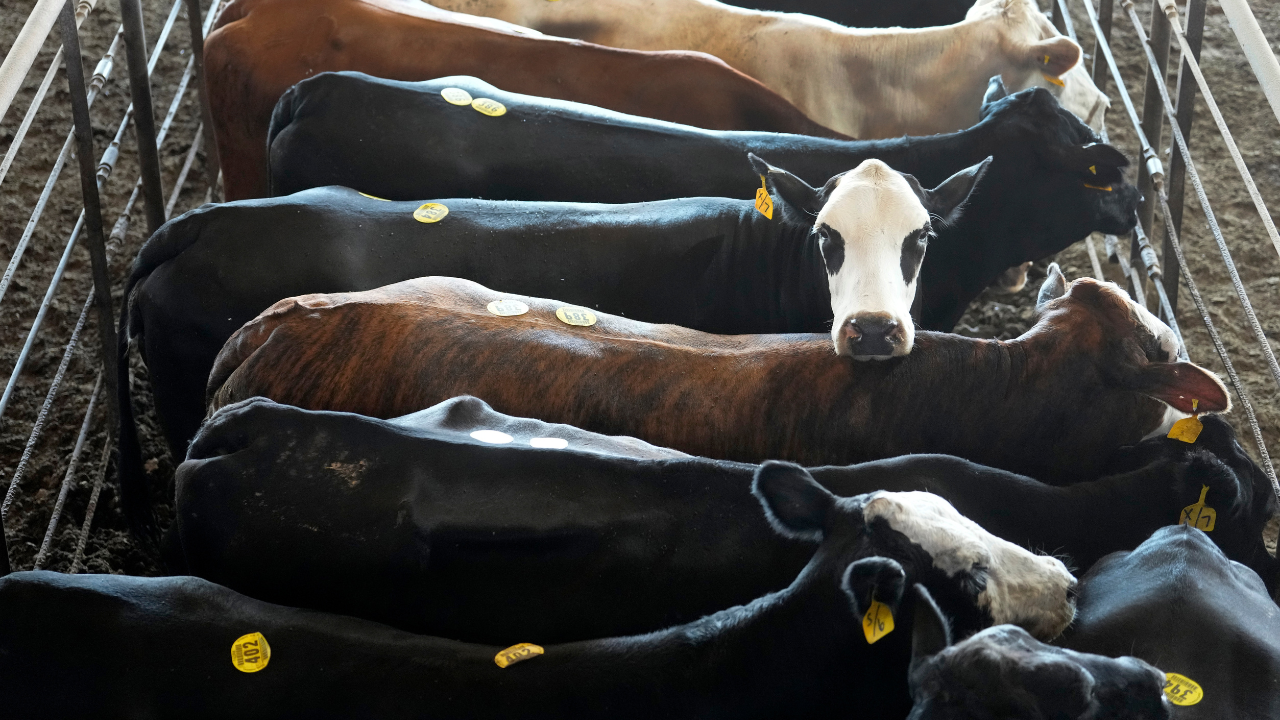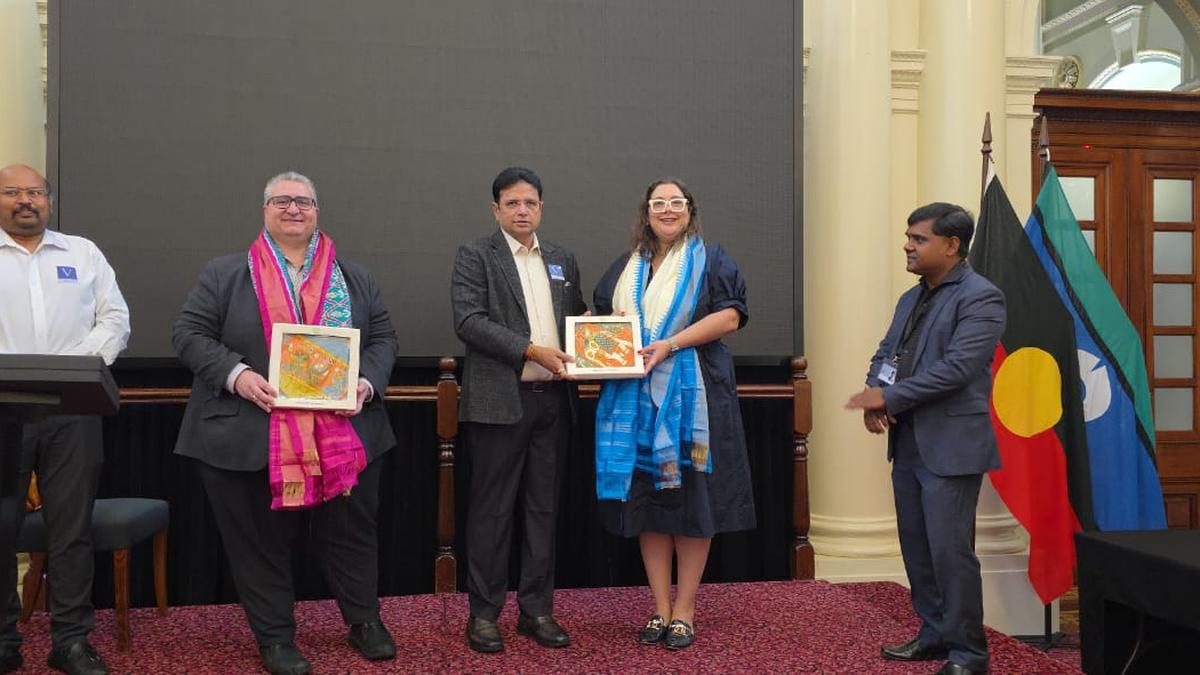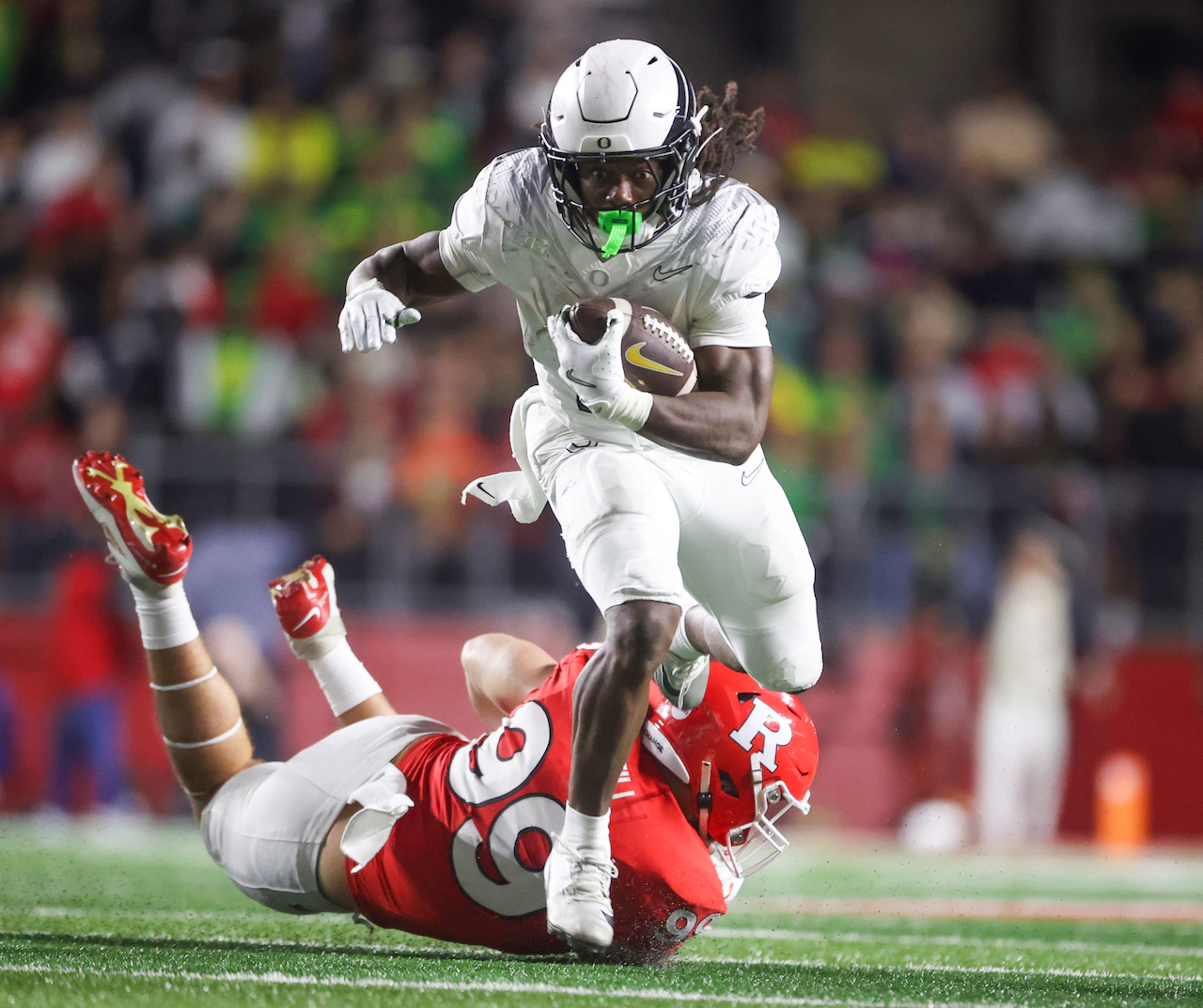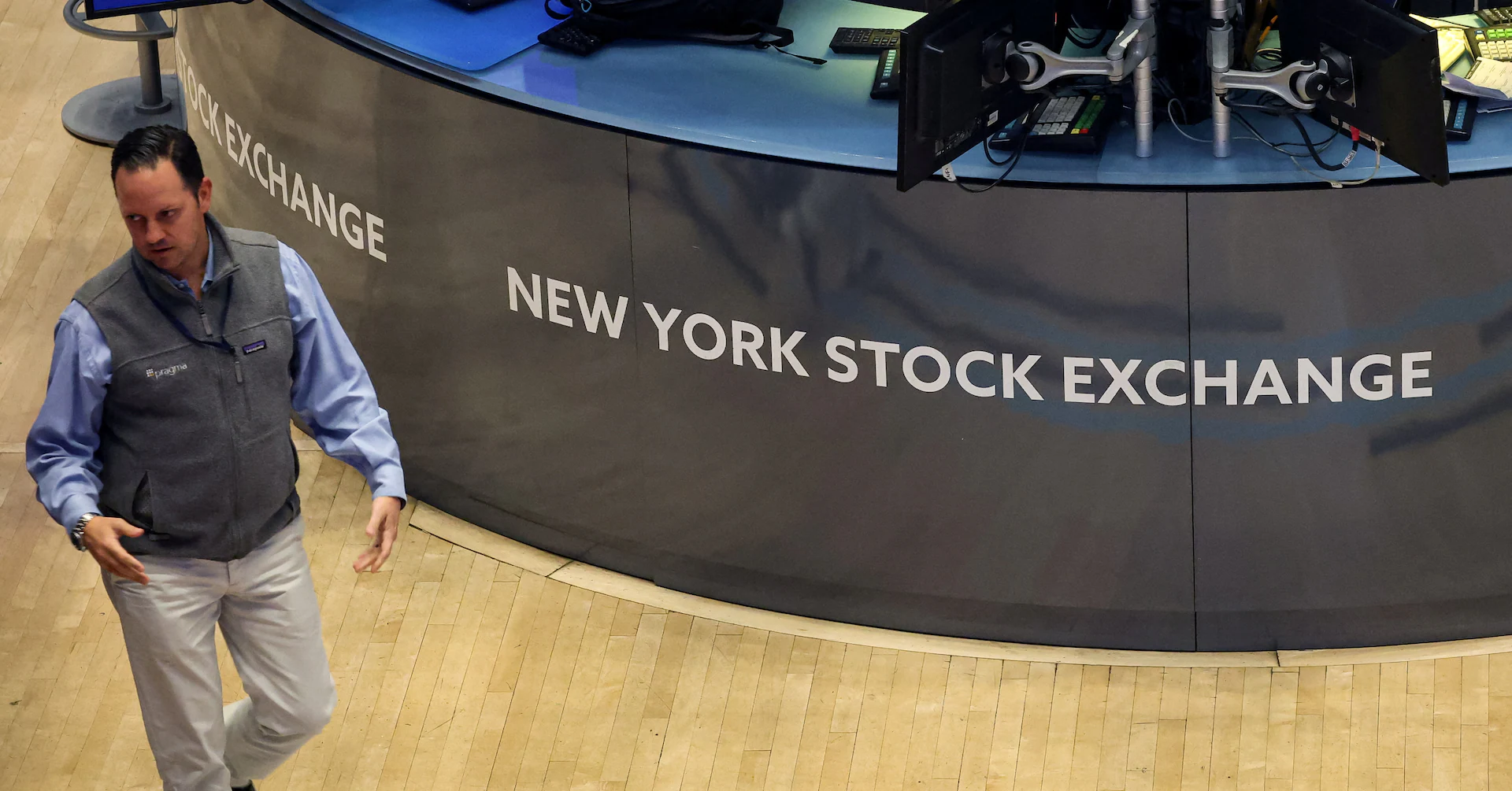Copyright Star Tribune
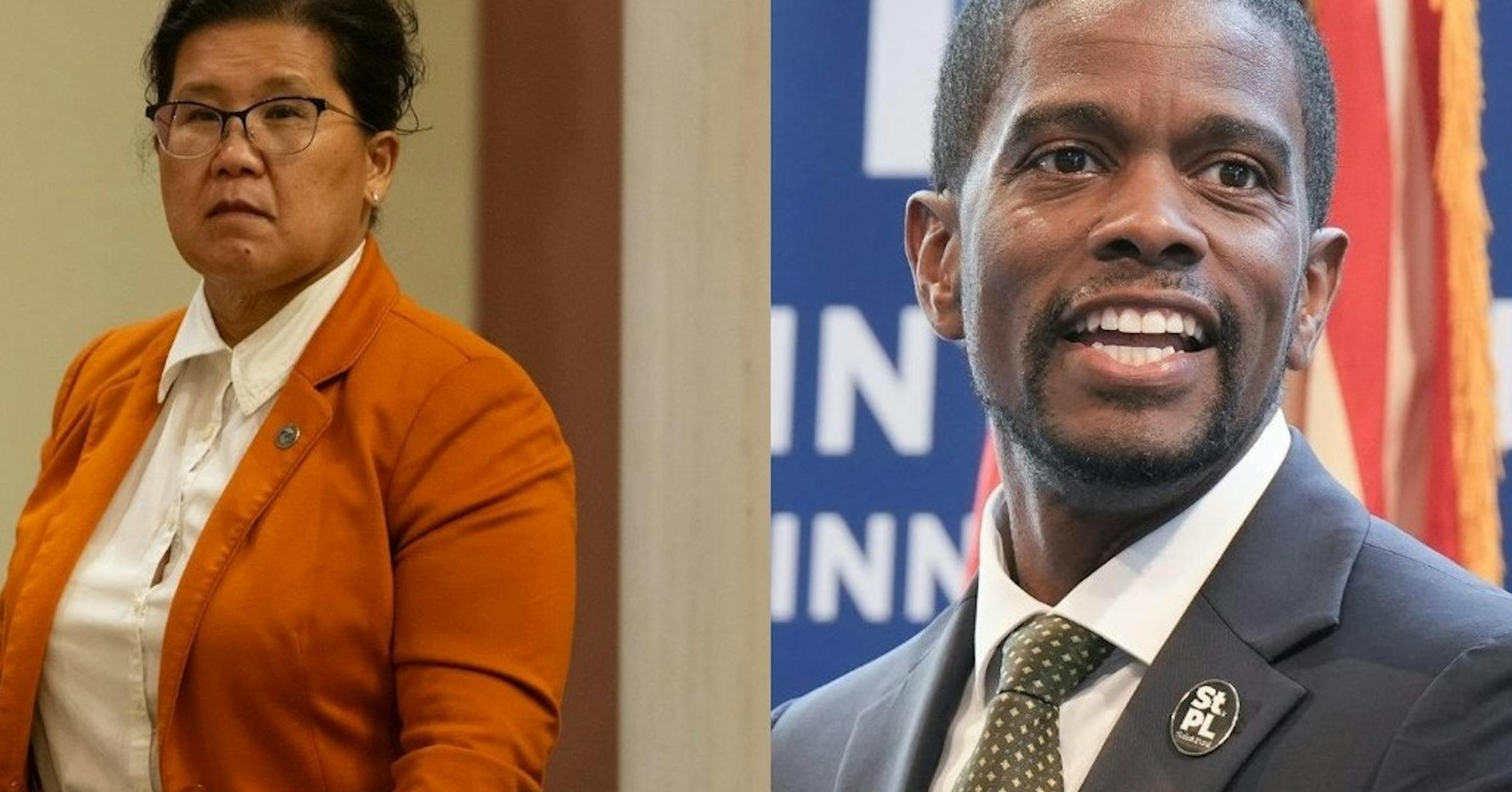
Carter, seeking his third term, is optimistic about St. Paul’s prospects as he pushes for more construction in the city and touts major declines in violent crime during his tenure, along with a slew of progressive pilot programs that have seen St. Paul test universal basic income and medical debt relief. Her, who has represented St. Paul in the Legislature for seven years, supports many of the same ideas but is challenging Carter with a message about how she thinks the city could work better with more collaboration and greater attention to detail. The election will decide who leads St. Paul through the next several years as the city grapples with major questions about development and redevelopment, and how to pay for city services as taxpayers feel increasingly squeezed. (The winner will serve a three-year term. Four-year terms will resume after 2028, when the city synchronizes its election cycle with that of the U.S. presidency.) Even with state and city workers back in-person, downtown St. Paul is not where it was before the pandemic. Private-sector offices are not back as they were, bars and restaurants have closed, and the area’s largest property owner collapsed. Carter sees the future of downtown as a complete neighborhood, not solely a destination for offices or shopping. To that end, he is betting big on subsidies for converting older office buildings to apartments. Carter is also hoping the Legislature will subsidize renovations at the Grand Casino Arena (formerly the Xcel Energy Center), to help keep the Minnesota Wild in town. Her also supports conversion projects but has been more open to the idea that some of the largest office towers may have to be torn down. She has also criticized Carter’s lack of cooperation with legislators on the arena renovation funding proposal. St. Paul’s property taxes are among the highest in the state, even with a far smaller budget than Minneapolis’, and declining property values on downtown office towers threaten to raise residential tax bills further. Carter says he hopes St. Paul can grow its way out of steep tax increases, such as the double-digit hikes he proposed earlier in his tenure. Carter also said he hopes that downtown recovery, combined with major new developments at the former Ford plant in Highland Park, the old Hillcrest golf course on the East Side and around the pro soccer stadium in Midway will raise commercial property values enough to offset the need to keep raising taxes on homes. Her agrees on the need to boost business districts to help prop up commercial property values and take the burden off homeowners and renters. She has also proposed that St. Paul find new revenue sources, and has suggested the city explore an “urban wealth fund” similar to sovereign wealth funds in some Asian and European cities, to buy, sell and manage city property, with proceeds going back to city operations. St. Paul’s Midway neighborhood has one of the city’s biggest bright spots in Allianz Field, home of the Minnesota United soccer team, but the area has also struggled to rebuild after the unrest following the murder of George Floyd in Minneapolis and the closure of big-box stores. Worries about drug use on the Green Line light rail haunt the area. Carter’s hopes are pinned on development around Allianz Field, where construction began this summer on new restaurants and an office building. He hopes that work will spur property owners who control the vacant CVS and the former Cub Foods to redevelop their land along similar lines, or sell to someone who will. Her also expresses hope about development around the soccer stadium, but she wants to see the city do more to support small businesses in the neighborhood by streamlining city permitting and zoning processes and making time to meet with local business groups such as the Midway Chamber. A proposal to add bike lines to Summit Avenue as part of a larger reconstruction project has turned into one of the most debated issues in the race. Carter, whose administration has faced neighborhood pushback and legal challenges over the bike lanes, supports the project, and has said at public forums that the aging street and the sewers and watermains below need repair. Her, who lives on Summit, has repeatedly declined to take a stance on the project, saying she has questions about the process that moved Summit ahead of other major bike thoroughfares in less affluent neighborhoods. Also running for mayor are Yan Chen, who sought a council seat in 2023, Adam Dullinger, a political newcomer running to Carter’s left, and Mike Hilborn, who ran as a Republican in a 2024 legislative race. St. Paul voters may rank up to six choices on their ballots.
